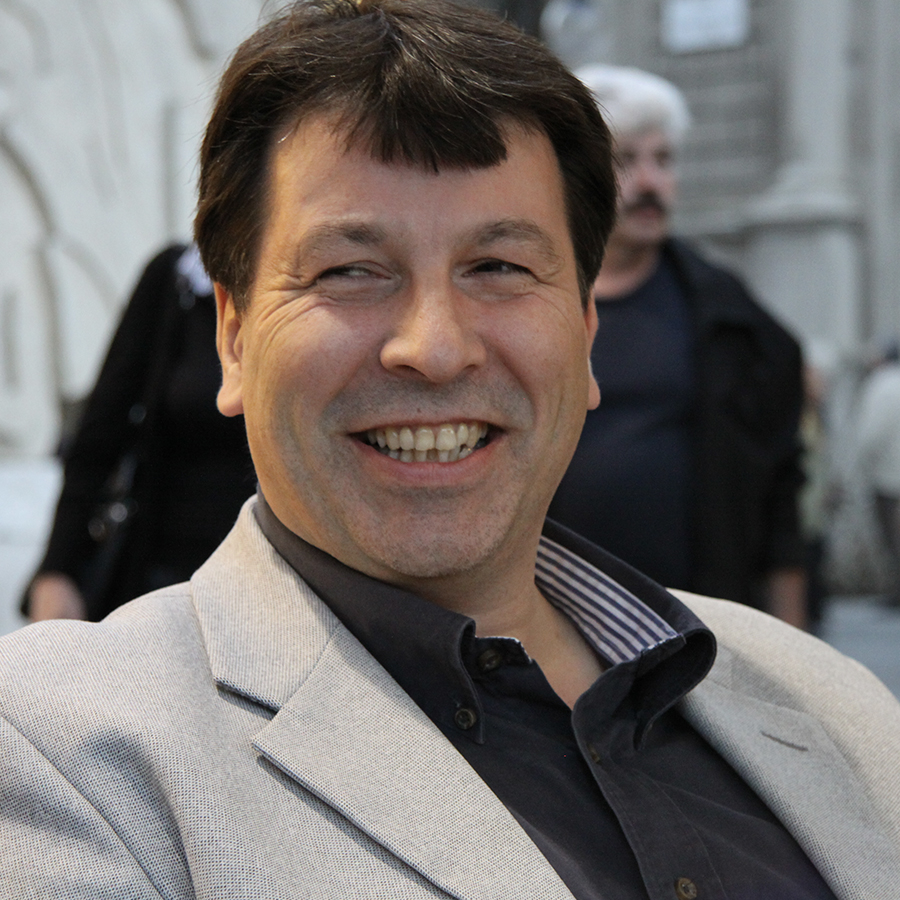
Christian G. Schütz
SCIENTIST, MD, PHD, MPH
Dr. Christian Schütz is a psychiatrist with a training and research background in epidemiology as well as preclinical and clinical behavioural pharmacology.
Research Interests
- Clinical and public health aspects of interventions in addictive disorders
- Neurobiological and psychosocial risk factors of mental disorders
- Co-occurring disorders
He studied in Vienna, Austria; Freiburg, Germany; and Baltimore, Maryland at Johns Hopkins University.
A Fogerty Fellowship at the Intramural Research Program of the NIH National Institute on Drug Abuse (NIDA) complemented his clinical training. His psychiatric residency at Munich University in Germany was followed by a short fellowship in Clinical Neuroscience at Yale University. Before joining the faculty of the University of British Columbia (UBC) in May 2008, he was Oberarzt (attending psychiatrist and lecturer) at the Department of Psychiatry at Bonn University in Germany. His responsibilities included patient care, teaching, and research.
Dr. Schütz’s studies on risk factors for the development of substance dependence and relapse were funded by DFG (German Research Society), BMBF (German Ministry for Education and Research), NIDA, and others (e.g. pharmaceutical companies). He recently focused on predicting treatment outcome and relapse, combining neuroimaging, neurocognition, and genetic approaches with clinical and psychosocial measures.
Dr. Schütz is currently focused on two studies: the first is a study of the neurocircuitry underlying subdomains of cognitive control FMRI, volumetric, and default network assessments are compared between individuals with stimulant use disorders, gambling disorders, and healthy controls; second is a randomized controlled trial on an intervention using computerized retraining of motor response to cues to increase substance-use specific cognitive control and reduce relapse, which is applied as a supplement to a smoking cessation program.
Dr. Schütz is also involved in BRAIN-Lab.
Additional Affiliations
- Associate Professor, Department of Psychiatry, Faculty of Medicine, UBC
- Research, Education, and Evaluation Medical Manager, Burnaby Centre for Mental Health and Addiction



